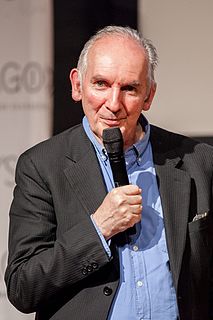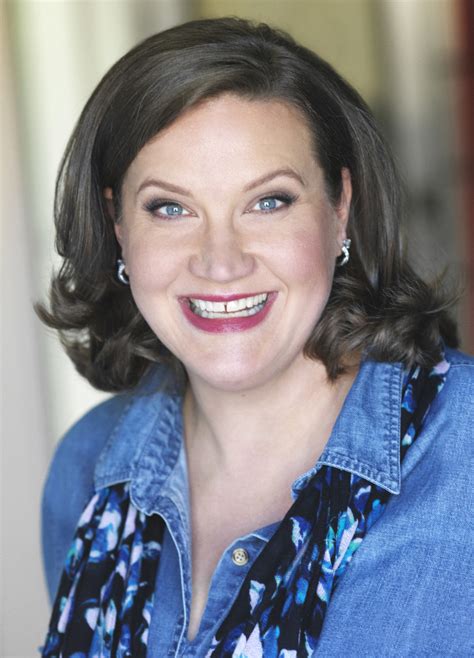A Quote by Khalil Gibran
I have never agreed with my other self wholly. The truth of the matter seems to lie between us.
Related Quotes
Everything that is thought and expressed in words is one-sided, only half the truth; it all lacks totality, completeness, unity. When the Illustrious Buddha taught about the world, he had to divide it into Samsara and Nirvana, illusion and truth, into suffering and salvation. One cannot do otherwise, there is no other method for those who teach. But the world itself, being in and around us, is never one-sided. Never is a man or a deed wholly Samsara or wholly Nirvana; never is a man wholly a saint or a sinner. This only seems so because we suffer the illusion that time is something real.
There are transitional forms between the metals and non-metals; between chemical combinations and simple mixtures, between animals and plants, between phanerogams and cryptogams, and between mammals and birds [...]. The improbability may henceforth be taken for granted of finding in Nature a sharp cleavage between all that is masculine on the one side and all that is feminine on the other; or that any living being is so simple in this respect that it can be put wholly on one side, or wholly on the other, of the line.
Each of us will have our own Fridays—those days when the universe itself seems shattered and the shards of our world lie littered about us in pieces. We all will experience those broken times when it seems we can never be put together again. We will all have our Fridays. But I testify to you in the name of the One who conquered death—Sunday will come. In the darkness of our sorrow, Sunday will come. No matter our desperation, no matter our grief, Sunday will come. In this life or the next, Sunday will come.
The Bible differs from all other books in that it never wears out. Other books are read and laid aside, but the Bible is a constant companion. No matter how often we read it or how familiar we become with it, some new truth is likely to spring out at us from its pages whenever we open it, or some old truth will impress us as it never did before. Every Christian can give illustrations of this.
The power of both myth and art is this magical ability to open doors, to make connections - not only between us and the natural world, but between us and the rest of humanity. Myths show us what we have in common with every other human being, no matter what culture we come from, no matter what century we live in. . .and at the same time, mythic stories and art celebrate our essential differences.
This is where men, even the trustiest, fail us. Their heart is never so wholly given to any matter but that some trifle of a meal, or a drink, or a sleep, or a joke, or a girl, may come in between them and it, and then (even if you are a queen) you'll get no more good out of them until they've had their way.
She never managed to find herself in these books no matter how hard she tried, exhuming traits from between the pages and donning them for an hour, a day, a week. We think in some ways, we have all done this our whole lives, searching for the book that will give us the keys to ourselves, let us into a wholly formed personality as though it were a furnished room to let. As though we could walk in and look around and say to the gray-haired landlady behind us, "We'll take it."






































